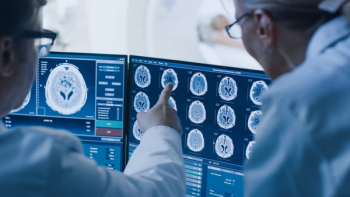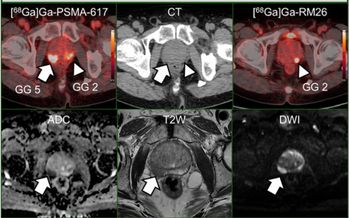
Optimizing Decision Support Systems for Dose Reduction
The rise of electronic health records can facilitate the use of decision support systems when ordering and selecting imaging tests. Also, should these tools be mandated?
The rise of electronic health records can facilitate the use of decision support systems when ordering and selecting imaging tests.
That’s according to Steven Seltzer, MD, chairman of the department of radiology at Brigham and Women’s Hospital, who spoke Thursday at
EHRs, the use of which is growing thanks to the federal government’s program to offer incentives for EHR adoption, can provide an easy support system for physicians - based on medical evidence and appropriateness data.
“Without an electronic health record, we don’t have this, but now that we’re getting them… we will soon have these tools,” Seltzer said at the summit, which was videocast online. The two-day summit aims to bring together the imaging community to identify steps and research needed to reduce CT exam dose to less than one mSv.
Using the decision support connected to the EHR can reduce errors, optimize reimbursement by connecting the tests with billing codes, and facilitate the transfer of clinical data and results, Seltzer said.
“All of these things become possible when you move out of the analog era,” he said.
Hedvig Hricak, MD, PhD, chair of the department of radiology at Memorial Sloan-Kettering Cancer Center in New York City and professor of radiology at Cornell University Medical College, argued in her earlier presentation Thursday that decision support tools should be mandatory. It’s time to regulate, she said.
“It should be in every practice,” she said. The problem with computerized decision support systems, she noted, was they must be developed in a multidisciplinary setting, which can be complicated.
“The problem is you’re going to have a relatively easier time implementing them in larger tertiary centers and academic settings, but where it makes a bigger difference is in the community setting and every private physician in this country.”
Decision support was also among the strategies for reducing radiation exposire outlined at the summit by representatives from the American College of Radiology. The group also pointed to ACR accreditation, including basic training and image standards, and a dose index registry, which collects patient dose information and compares against national benchmarks.
"Accreditation, decision support systems and the CT dose registry programs can reduce adverse events, unwarranted radiation exposure and unnecessary cost if Congress would vote to require all imaging providers - including hospitals - to participate in them," John A. Patti, MD, FACR, chair of the ACR Board of Chancellors said in a statement. "Now, when imaging providers and government agencies are coming together to arrive at better imaging policy is the time for Congress to act to require participation in these programs and help ensure quality and safety of medical imaging care."
Newsletter
Stay at the forefront of radiology with the Diagnostic Imaging newsletter, delivering the latest news, clinical insights, and imaging advancements for today’s radiologists.













